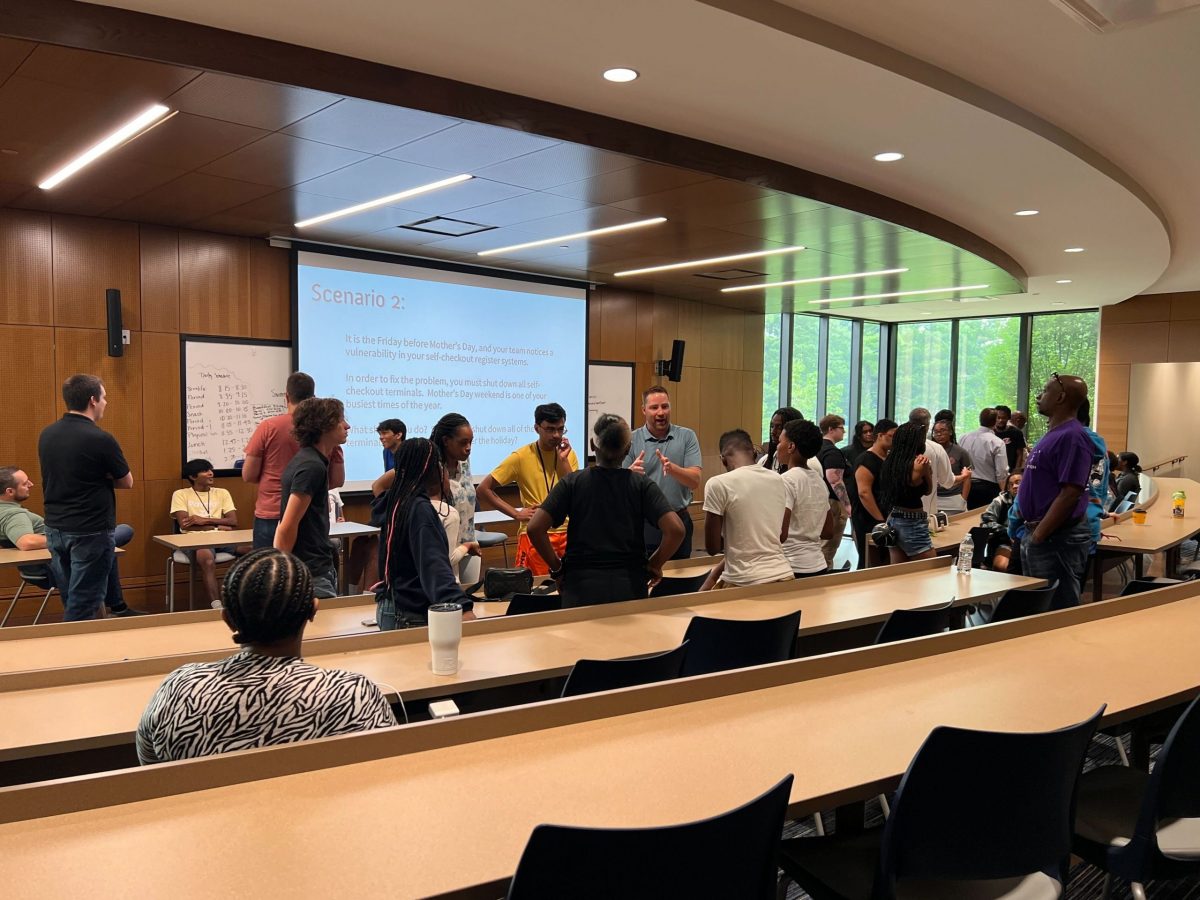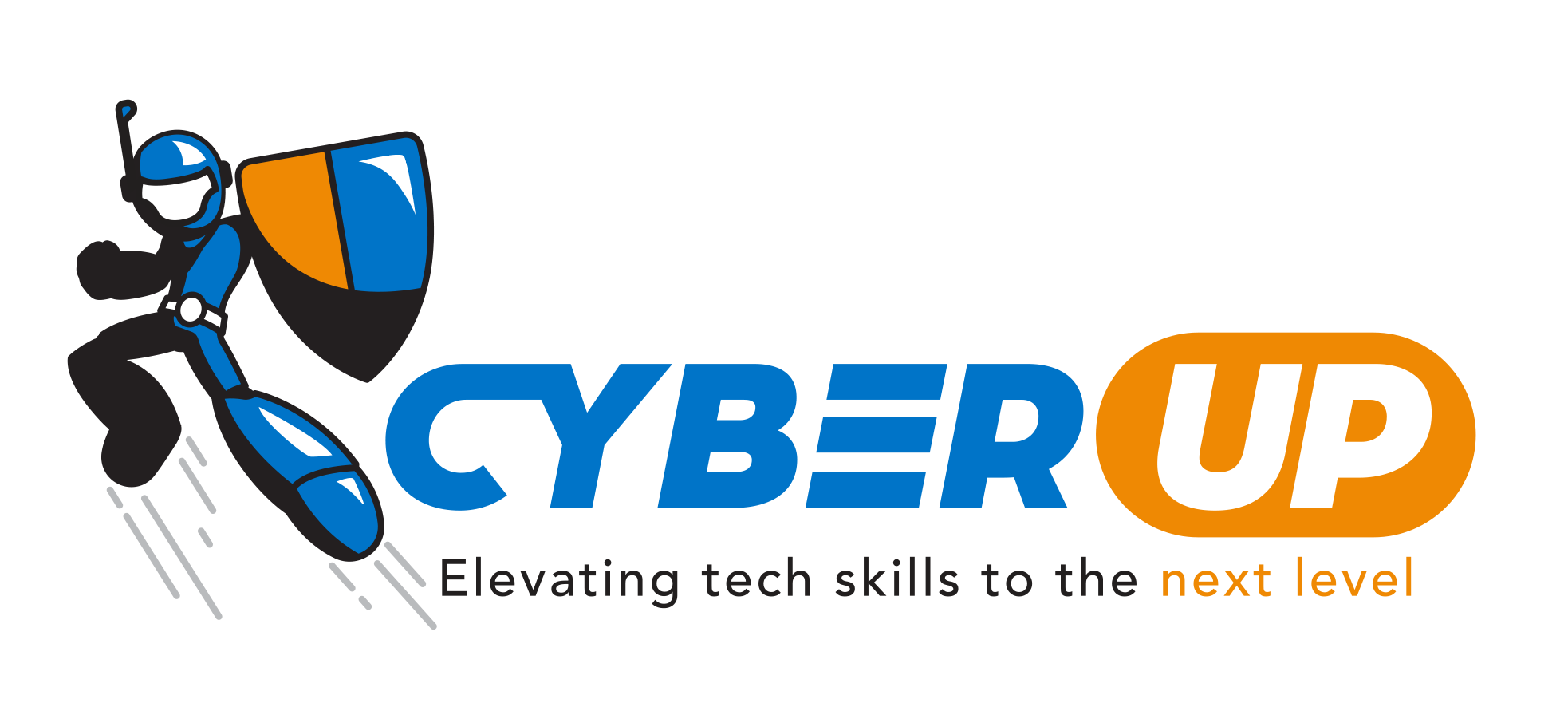We Need to Promote Non-traditional Skill Paths to Cybersecurity

This week CyberUp had the opportunity to hang with our partners at the Security Advisor Alliance at their first in-person Converge Tour in over 2 years. Converge Tours bring local high school students together with cybersecurity professionals to explore what is cybersecurity, apply some basic concepts in a capture the flag style event, and then ask questions to each of the volunteers about how they got to where they are. Needless to say….it was inspiring. I am always in awe of a student’s interest in the subject and the amount of awareness they have about technology concepts. I know I wasn’t at that level when I was their age.
A major theme of the event is to inspire a student to see cybersecurity as a career path that is available to them. The usual stats of millions of jobs available and CRAZY HIGH salaries of course were shared as they should. Students like money and the income potential in the industry are hard to ignore. During the question/answer session with professionals, students asked a lot of questions about their roles, what they do, and funny stories, but we never really got to the “how did you get there” discussion. I would speculate most students would assume a traditional college skill path. However, that path may not be a possibility or even a desire.
I was given an opportunity to talk a bit about CyberUp’s programs by AJ Eads (host of the event). I love talking about the work we do and it’s important to me to highlight that there are non-traditional skill paths that don’t involve a college education. I firmly believe that by focusing on traditional pathways alone we will never actually “move the needle” on the talent shortage we always hear about.
Our time together was short, but I hope I left a small impression on the students and they explore options like PowerUp Cyber Games to keep their cybersecurity interest front of mind until they graduate high school. I also hope they look at alternative programs like boot camps, certification tracks, self-taught, or apprenticeships to break into a cybersecurity career. The common denominator of success in cybersecurity is obtaining a particular set of skills, building your network, and selling yourself to an employer who will give you an opportunity to shine.
We have to do a few things to grow the cybersecurity workforce:
• Promote both traditional and non-traditional pathways to students.
• Look at this with a long-term approach by engaging middle and high school students.
• Build pathways for non-traditional candidates (BIPOC, women, veterans) who are looking for careers and not just jobs.
• Widen how we prepare both youth and adults for cybersecurity careers.
• Expand the requirements and types of people companies hire.
We share stories regularly on our social channels with examples of what we believe right looks like. This is a combination of companies who adopt apprenticeship, individuals who we prepare for those apprenticeships, and the students and teachers we engage through PowerUp Cyber Games. We share those examples to inspire others to join our efforts to promote non-traditional pathways to cybersecurity careers.
It was an honor to participate in the Converge Tour with the Security Advisor Alliance and spend the day with inspiring students and industry professionals. Thank you for the opportunity!


